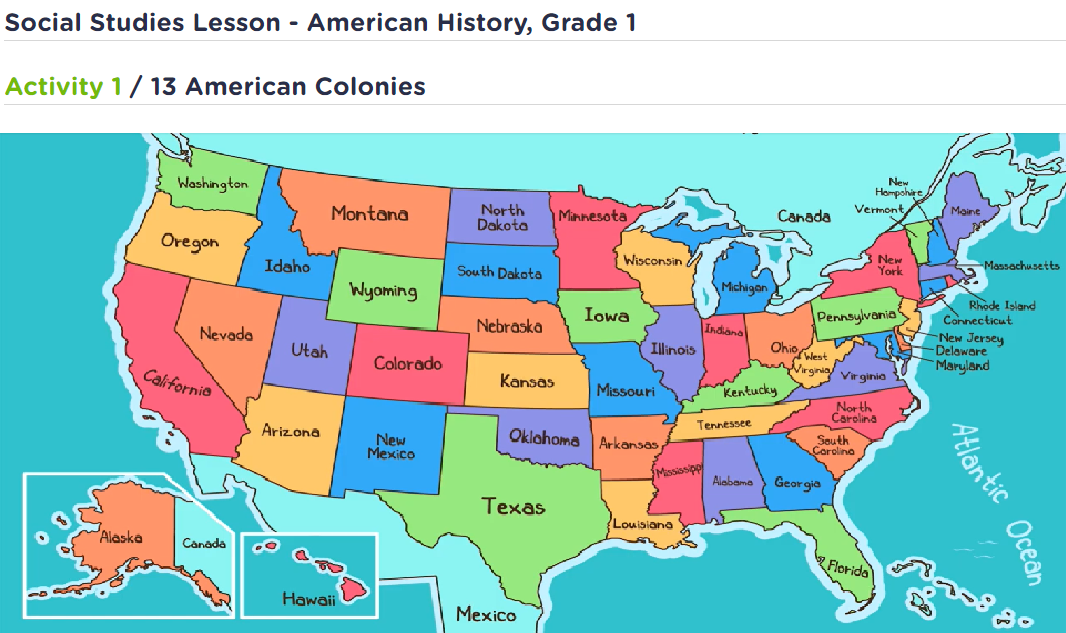Vocabulary development Life Science Worksheets for Ages 6-8
5 filtered results
-
From - To
Enhance your child's understanding of life science with our Vocabulary Development Life Science Worksheets, designed specifically for ages 6-8. These engaging worksheets aid in expanding vocabulary while introducing key life science concepts such as ecosystems, habitats, plant and animal life cycles, and more. Each activity is crafted to reinforce terminology through fun, interactive exercises. Ideal for use at home or in the classroom, our worksheets help young learners build a strong foundation in science vocabulary, paving the way for academic success. Visit our webpage to access these valuable resources and support your child's science learning journey today!
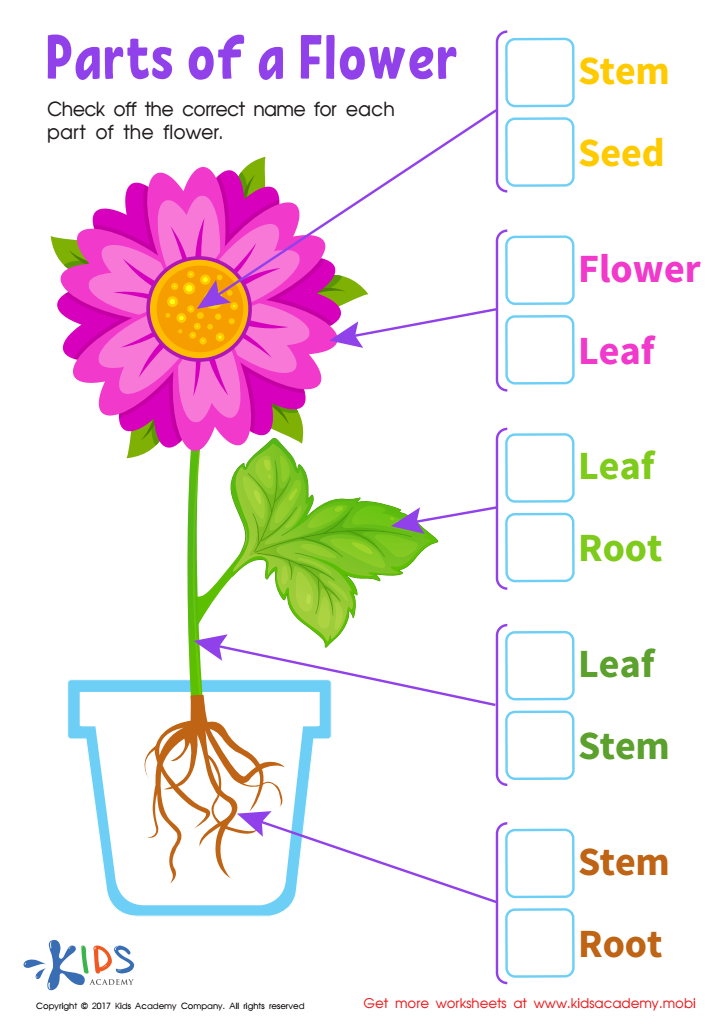

Parts Flower Printable
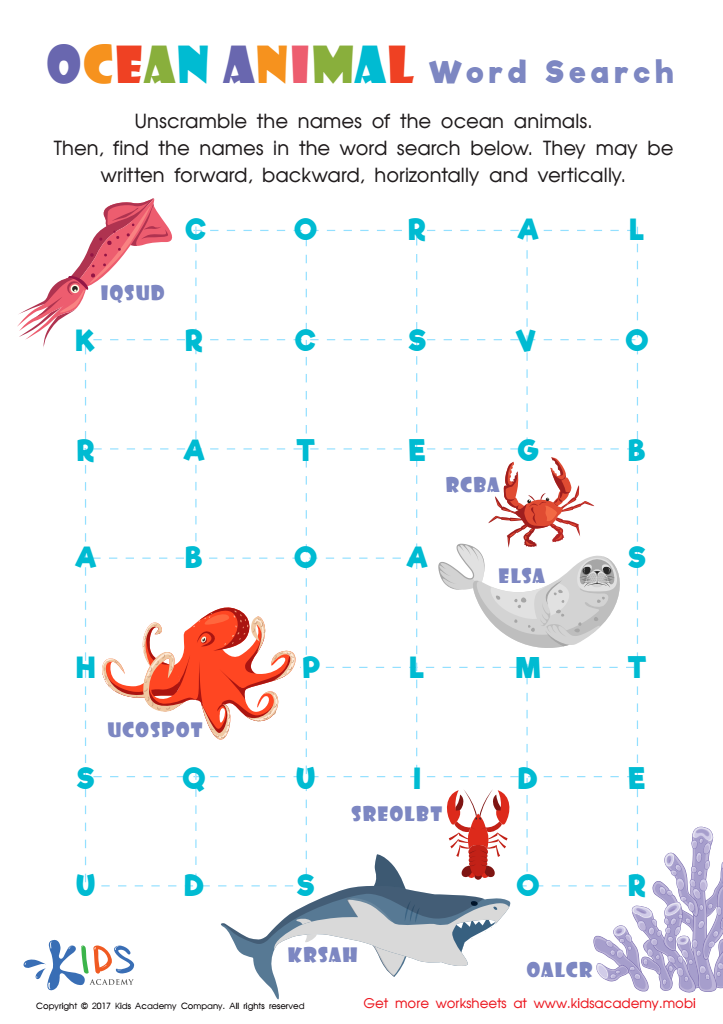

Ocean Animals Word Search Printable
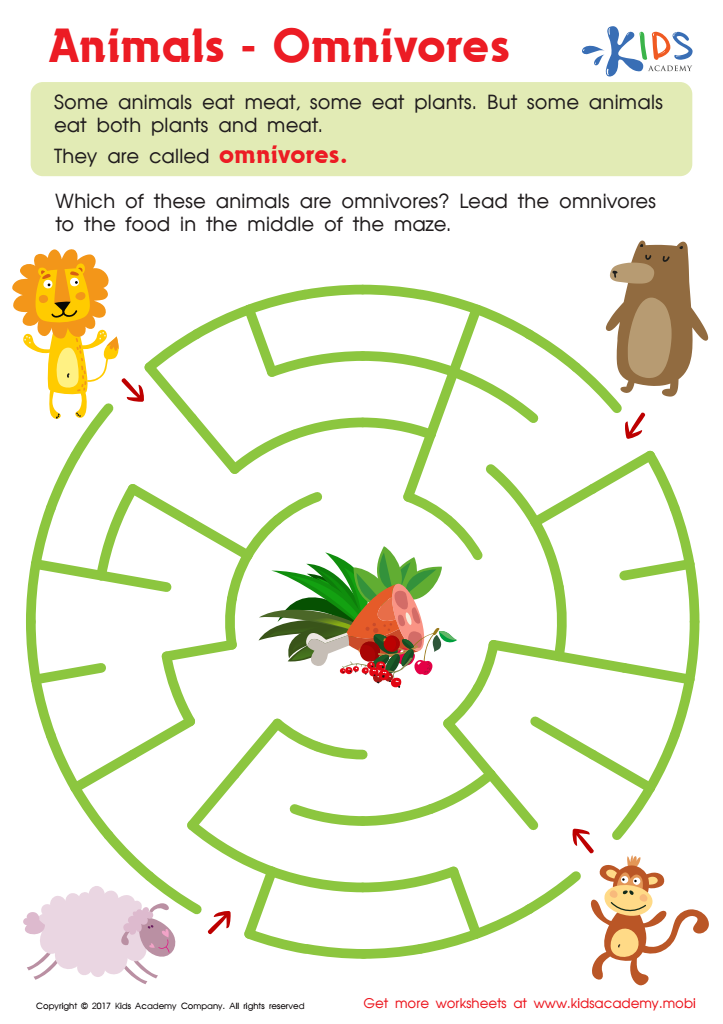

Omnivores Animals Worksheet
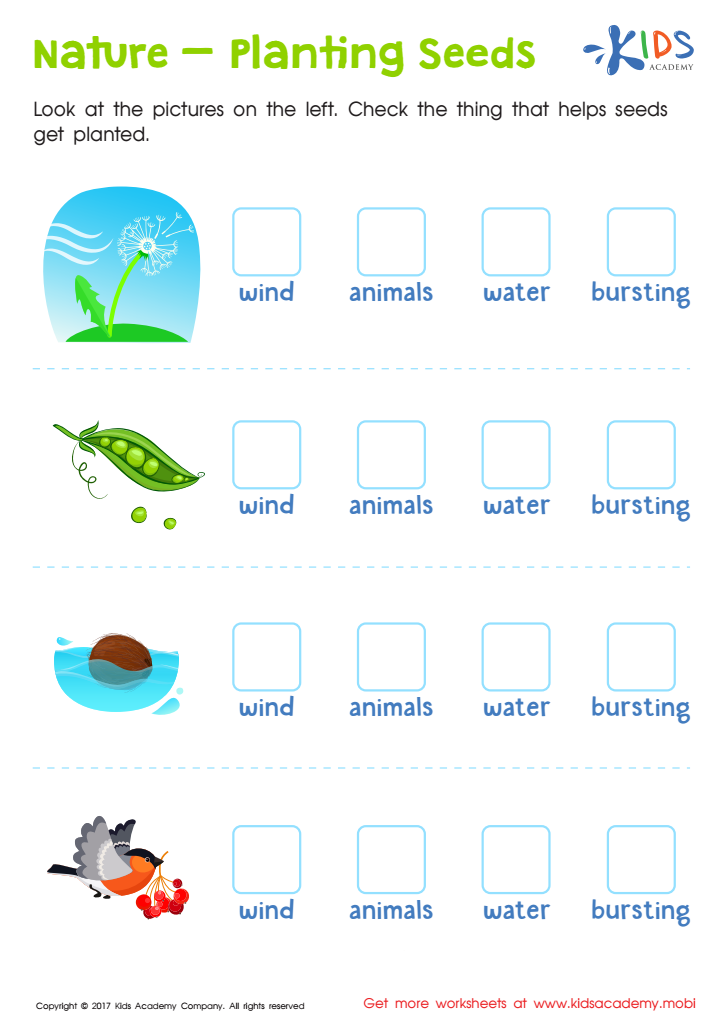

Nature Planting Seeds Worksheet
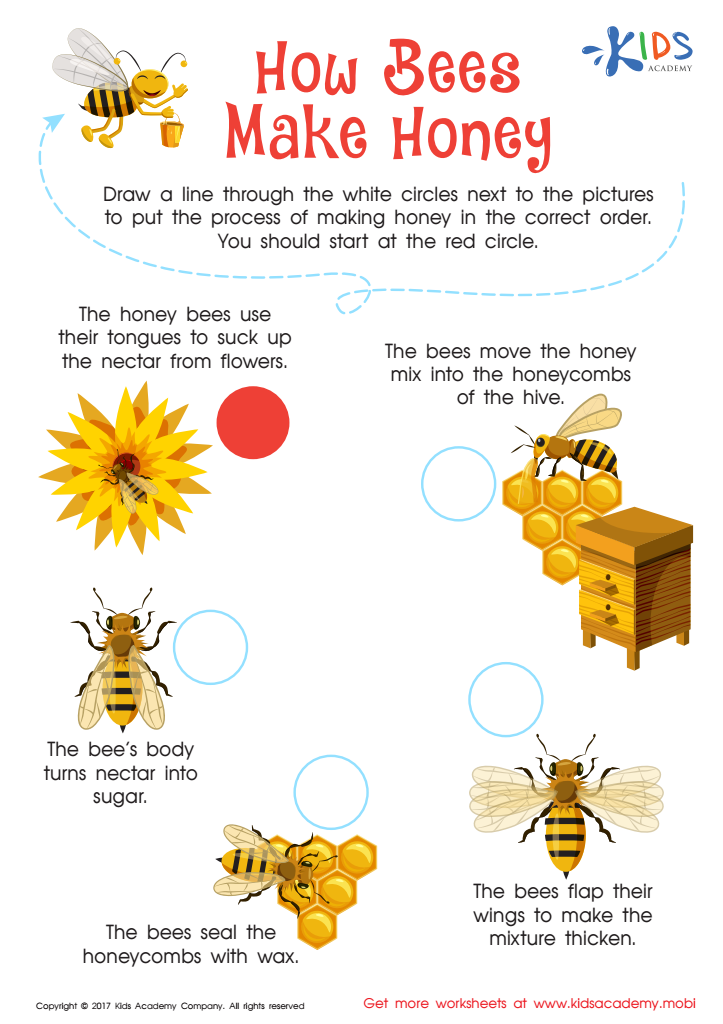

Honey Bee Worksheet
Vocabulary development in life sciences is crucial for children aged 6-8 as it sets the foundation for both their academic success and curiosity about the world around them. At this formative age, children are naturally inquisitive and eager to explore new concepts. Introducing a rich vocabulary helps them articulate observations, ask thoughtful questions, and engage in meaningful conversations.
Early life science vocabulary enables kids to understand and describe the natural phenomena they encounter. When they can label plants, animals, and even broad concepts like ecosystems or life cycles, these topics become less abstract and more tangible. This foundational knowledge primes them for more complex scientific learning in later years and enhances their comprehension skills across all subjects.
Moreover, expanding a child’s life science vocabulary supports critical thinking and problem-solving skills. As they learn new terms and concepts, they also learn to categorize information, make connections, and discern patterns. These abilities are not just important in science; they are life skills that can help in everyday decision-making and foster a lifelong love of learning.
In summary, investing in vocabulary development for young children enriches their understanding of life sciences, nurtures their natural curiosity, and equips them with essential cognitive tools for future academic and personal success.

 Assign to My Students
Assign to My Students





